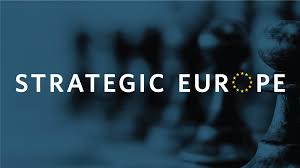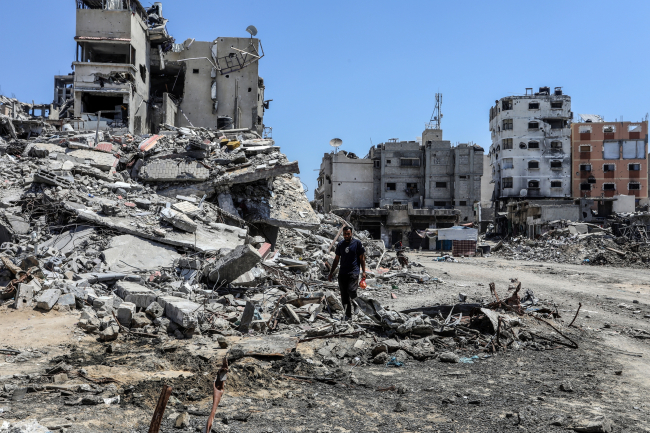
Kurds and the State Option
The Kurds in Iraq occupy what is practically a state. The Syrian civil war has resulted in the autonomization of the country’s Kurdish population. To Kurdish advantage, the JDP’s (Justice and Development Party – Turkey) ambiguous policy has cleared a new political space in Turkey.
Towards a New Geopolitics of Energy?
First of all, shale oil is starting to take the same dimension as shale gas in the US. Already 51% of US production comes presently from unconventional gas (shale, tight gas and coal-bed methane), and outlooks predict that the US will produce more gas than Russia by 2020. Oil imports have already diminished from 60 to 45%. As domestic unconventional oil production tends to increase, - it is now around 15% - imports will probably decline even more.

Asia: A Geopolitical Reconfiguration
The Asian “supercomplex” has taken shape: this is evident within the cross-membership model to Asian intergovernmental organizations and through the appearance of political counterweights to China, particularly in India.
Replay - Navigating the Taiwan Strait Tensions: Perspectives from Japan, the Philippines, and France
Conference Replay - As tensions continue to rise in the Taiwan Strait and discussions grow about hybrid frictions potentially escalating into a kinetic conflict in the coming years, neighboring countries are bracing for impact. Japan and the Philippines would be on the front lines if a crisis were to erupt in the Taiwan Strait.
Replay - Conference with Badr Abdelatty, Minister of Foreign Affairs of Egypt
Invited to Ifri on October 2, 2025, Egypt’s Minister of Foreign Affairs, Badr Abdelatty, highlighted Egypt’s doctrine of “strategic balance,” which is based on non-alignment and non-interference, while maintaining strong relations with major global powers such as the United States, Russia, and China.
Taking the Pulse: Should the EU Suspend its Association Agreement With Israel?
Israeli leaders are clearly stating their intention to forcibly displace Gazans out of the Strip, a policy which amounts to ethnic cleansing. To uphold its commitment to human rights, should the EU suspend its association agreement with Israel?
NATO: 75 Years of Strategic Solidarity (replay)
The war in Ukraine, burden-sharing between Allies, U.S. disengagement from Europe, new areas of conflict... At a time when the Alliance has just celebrated its 75th anniversary and the Stoltenberg era is drawing to a close after ten years at the head of the organization, NATO's agenda bears witness to the diversity of its areas of action, as well as to the different perceptions of the Allies on these issues.
In the wake of the Washington summit, this conference of diplomats, military officers and researchers aims to analyze the short- and medium-term prospects for the Atlantic Alliance.
Global Financial Shifts: The Impact of Dollar Sanctions and Frozen Russian Assets
An interview with Brad Setser, Whitney Shepardson Senior Fellow (Council on Foreign Relations) led at Ifri on September 24, 2024.
Dollar-based financial sanctions have been increasing, particularly since the beginning of the century. Is this phenomenon likely to significantly alter the international role of the dollar?
There is a lot of controversy about the in which way frozen assets from Russia’s central bank should be treated, regarding both the assets themselves and the associated revenues. What consequences do you foresee for the international financial system?
Support independent French research
Ifri, a foundation recognized as being of public utility, relies largely on private donors – companies and individuals – to guarantee its sustainability and intellectual independence. Through their funding, donors help maintain the Institute's position among the world's leading think tanks. By benefiting from an internationally recognized network and expertise, donors refine their understanding of geopolitical risk and its consequences on global politics and the economy. In 2025, Ifri supports more than 80 French and foreign companies and organizations.










